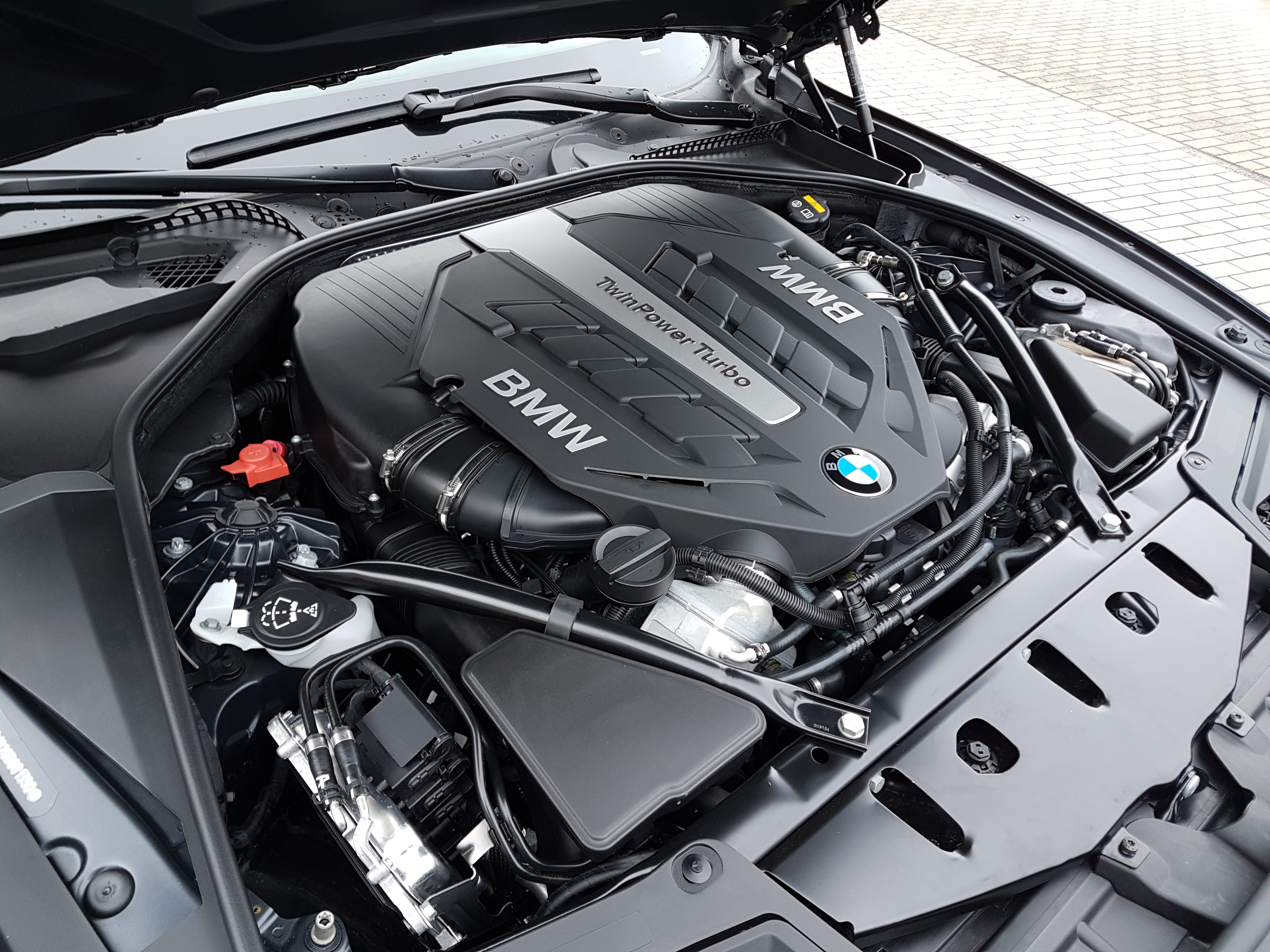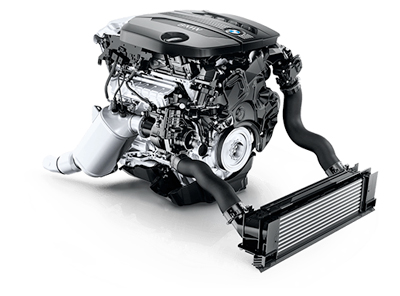The Development of the BMW Engine: A Look Back at Iconic Designs
The Development of the BMW Engine: A Look Back at Iconic Designs
Blog Article
Unveiling the Intricacies of Next-Generation Power Units: a Deep Study Advanced Engine Layouts and Developments
As we stand on the precipice of a brand-new age in transport, the ins and outs of next-generation engine designs bid us to explore the innovative technologies and technologies that promise to redefine the driving experience. Diving deeper into the worlds of emission control, smart engine management systems, and the perspective of power unit growth, we locate ourselves on the cusp of a change that promises to reshape the landscape of wheelchair as we know it.
Advancement of Engine Products

The shift in the direction of progressed engine products has actually additionally enabled engineers to develop engines with higher power results while keeping gas efficiency standards. The usage of light-weight materials reduces the total weight of the engine, leading to improved gas economic climate and reduced emissions. Additionally, developments in products technology have enabled much better thermal monitoring within engines, leading to increased dependability and durability.
Turbocharging and Supercharging Technologies
Just How do Turbocharging and Supercharging Technologies revolutionize engine performance and efficiency in modern-day lorries? Turbo charging and turbocharging are technologies that considerably boost engine efficiency by increasing the quantity of air intake right into the combustion chamber. Turbocharging attains this by using a turbine driven by exhaust gases to pressurize the consumption air, while supercharging utilizes a belt- or chain-driven compressor to achieve the exact same effect.
These modern technologies enable smaller, much more fuel-efficient engines to generate power comparable to bigger ones, called downsizing. Forcibly more air right into the cylinders, turbo charging and turbocharging enhance burning efficiency, leading to raised horsepower and torque outcome without a significant boost in engine dimension. This results in much better acceleration, pulling ability, and overall driving performance.
In addition, supercharging and turbocharging add to improved fuel effectiveness by permitting the use of smaller engines that take in much less gas under normal driving conditions - bmw engine. This combination of boosted efficiency and efficiency has made turbocharging and turbo charging essential elements of numerous modern-day engine designs
Emission Control and Environmental Impact
With boosting global problems regarding air quality and ecological sustainability, the implementation of exhaust control modern technologies in automobiles plays an essential role in lowering hazardous contaminants launched into the ambience. Modern lorries are geared up with sophisticated exhaust control systems that help minimize the environmental influence of vehicle procedures. Catalytic converters, for example, are designed to convert toxic gases such as carbon monoxide gas, nitrogen oxides, and hydrocarbons right into much less dangerous materials like carbon dioxide and water vapor.
Moreover, improvements in engine modern technology, such as the assimilation of exhaust gas recirculation systems and selective catalytic reduction, have dramatically contributed to decreasing emissions. These modern technologies work in tandem to optimize combustion efficiency and reduce the launch of unsafe contaminants into the air. In addition, the development of crossbreed and electrical vehicles stands for an important action in the direction of decreasing the general ecological impact of the transport sector.
Intelligent Engine Monitoring Solution

In addition, these systems enable lorries to fulfill strict exhausts standards without compromising performance, providing a much more eco friendly driving experience. The combination of expert system and artificial intelligence abilities in engine administration systems continues to press the boundaries of what is possible, causing additional renovations in performance, reliability, and general lorry performance. bmw engine. As automotive technology advances, intelligent engine management systems will certainly play a crucial function fit the future of transportation in the direction of a much more efficient and sustainable instructions
Future Trends in Power System Advancement
As intelligent engine administration systems lead the method for improved control and optimization in modern-day lorries, future fads in power system growth are poised to redefine the landscape of vehicle propulsion technologies. Among the crucial trends driving innovation in power unit my blog development is the shift towards electrification. With an increasing focus on sustainability and minimizing carbon exhausts, hybrid and electrical powertrains are coming to over at this website be a lot more common in the auto industry. These alternative source of power supply improved efficiency and performance while aligning with rigorous environmental regulations.
Another significant trend is the combination of advanced products and making techniques. Lightweight materials such as carbon fiber and aluminum are being made use of to lower general lorry weight, improving gas efficiency and performance. Furthermore, developments in 3D printing and additive production are enabling the production of intricate engine elements with greater precision and sturdiness.
Furthermore, man-made intelligence and artificial intelligence are playing a crucial function in optimizing power device performance. These innovations enable real-time tracking and flexible control, leading to much more reliable and trustworthy power distribution. Generally, future fads in power device development are geared towards sustainability, performance, and effectiveness, driving the auto sector towards a new era of propulsion modern technologies.

Conclusion
In verdict, the innovations in engine materials, turbocharging, discharge control, and smart management systems have actually paved the way for next-generation power units. The detailed designs and developments in contemporary engines showcase the continuous evolution of automotive innovation.
Checking out the modern developments in engine products has been pivotal in improving the efficiency and efficiency of contemporary engines. Over the years, the evolution of engine materials has played an important role in pushing the limits of what engines can achieve.The change in the direction of advanced engine products has actually likewise allowed designers to make engines with higher power outcomes while preserving fuel efficiency requirements.The implementation of intelligent engine management systems in modern-day cars has actually changed the method engines are controlled and optimized for efficiency and performance. By accumulating information in real-time and examining it with innovative formulas, smart engine monitoring systems can adjust to driving styles, ecological factors, and engine wellness to take full advantage of power output while view it decreasing fuel consumption and discharges.
Report this page